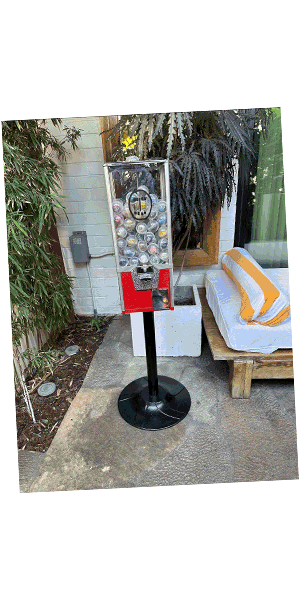Before you start adding products to your shopping cart, you should decide what type of whole house water filter you need to cover all your requirements. One of the first things to keep in mind is the water quality of your home. To learn what contaminants you need to filter out, you should perform a water test.
- Use a home water testing kit to understand better what pollutants/contaminants you need to remove from your tap water;
- Get a water sample and test it with the help of an independent laboratory for comprehensive results.
Once you figure out what is you need to manage in terms of water contamination, you should look for a whole house water filter. Read more on www.waterfiltersadvisor.com about water filtration for your home.
Household Water Consumption
To make sure the water filter you want to buy will live up to your standards, consider a water filter’s capacity/life starting from the fact that on average, your family’s water consumption is 100 gallons/person/day.
As you probably figure out, a whole house water filter that is able to purify 1 million gallons of water before you need to replace the filters has a longer lifespan than one cleaning only 20,000 gallons of water. However, you should consider other tech specs and features besides the filter’s life expectancy.
Water Flow and Water Pressure
Some whole house water filters will improve the overall water flow (gallons/minute) rate, while others will slightly reduce it. If you have a large home and family, you might want to look at filters featuring high GPM numbers.
Just keep in mind that almost all whole house water systems will eventually lead to a decrease in your overall water pressure. Since these filters tackle incoming sediments and impurities in their way to your faucets, showers, sinks, toilet, etc., they may lead to progressive decreases of water pressure to your sinks and appliances.
- Depending on the severity of your water contamination, you should also use pre-filters together with your carbon activated whole house water filters.
- Before you opt for a pre-filter, research the market, discuss with manufacturers, and hire a plumber to make sure you get the right matching makes and models.
What is the Difference between Whole House Water Filters and Reverse Osmosis Water Filters?
Reverse osmosis filtration is a technology allowing water filters to remove over 99% of all water impurities and contaminants. While most whole house water filters use activated carbon filtration tech, you can find whole house water filters using reverse osmosis.
Both activated charcoal and reverse osmosis water filtering methods are present in water filtration devices, from the massive whole house filters to the smallest water filter pitchers.
How Does a Whole House Water Filter Work?
Whole house water filters are Point-of-Entry (POE) devices.
- In-line installation means they can filter your water throughout the entire house and for all your needs as the water enters your home via the pipes.
- Once the system is functional, it will filter and remove contaminants, delivering clean, safe water to all your sinks, faucets, toilets, showers, and appliances in the house.
By comparison, under-sink water filters are Point-of-Use (POU) devices. You install them under a specific sink to get fresh, clean water from that sink alone. If you want pure water coming from all your sinks, you should buy such a system for each of them.
Whole house water filters usually feature one, two, or three filtration stages.
- The first stage is usually a sediment screen, able to contain larger particles, dirt, sediment, etc.
- The second two filters feature activated carbon to remove smaller particles, chlorine, chemicals, etc.
Some filters work in series (and you can install a couple of them for safety). Most of them allow you to add pre-filter systems, water softeners, and other water conditioners for better, cleaner water.
Whole House Water Filtration Systems’ Installation, Maintenance, and Costs
While some whole house water filters feature easy installation, we recommend you enroll a plumber in the process. As you have seen from our reviews, customers sometimes complain about leaks and malfunctions associated with incorrect or incomplete installation. It is best to have a professional to do the job with no stress and no future nuisances.
As maintenance goes, make sure you buy a filtration system from a company offering replacement filters and cartridges.
- No matter how long is the lifespan of a filter, for the best performance, you should replace it according to the manufacturer’s suggestions and the level of contamination of your water.
When you look for replacements, make sure they match your system’s make and model.
Whole house water filters vary in price from a few tens of dollars to a few hundred if not thousands. You may need a smaller device for a smaller home/family, or a massive one to cover a large home or business’s needs.
- Before you budget such a project, calculate the replacement filters’ costs, the plumber changing them (if necessary), and the price of various tools and equipment you might need to install the system or replace the filters.
Bottom Line
Our list of the best whole house water filter units is sure to have something that meets your needs. Whether you want a filter that is easy to install and maintain, provides good value for your money, or keeps up a steady rate of flow as it filters, there is something for you on your list. Please share your thoughts on the best whole house water filter in the section below.





